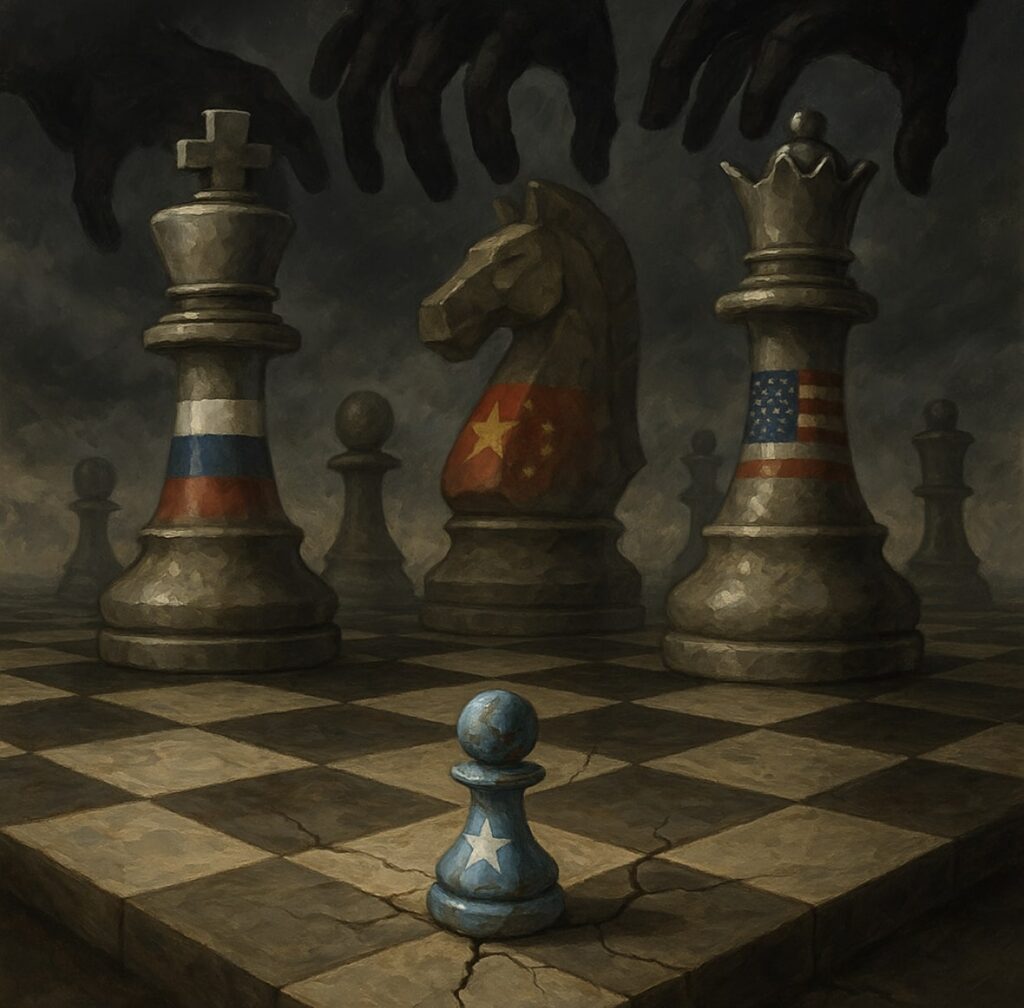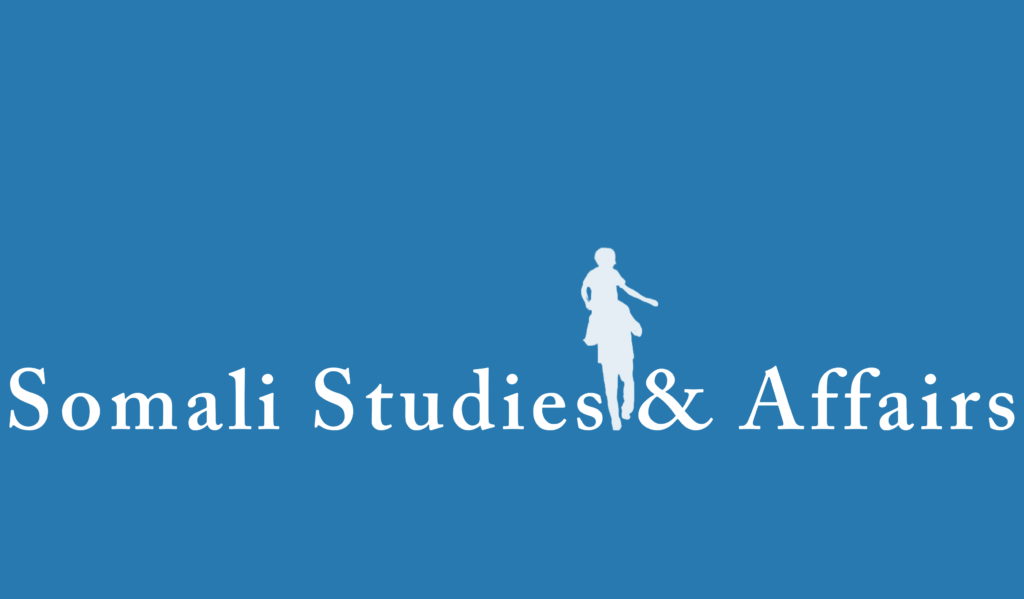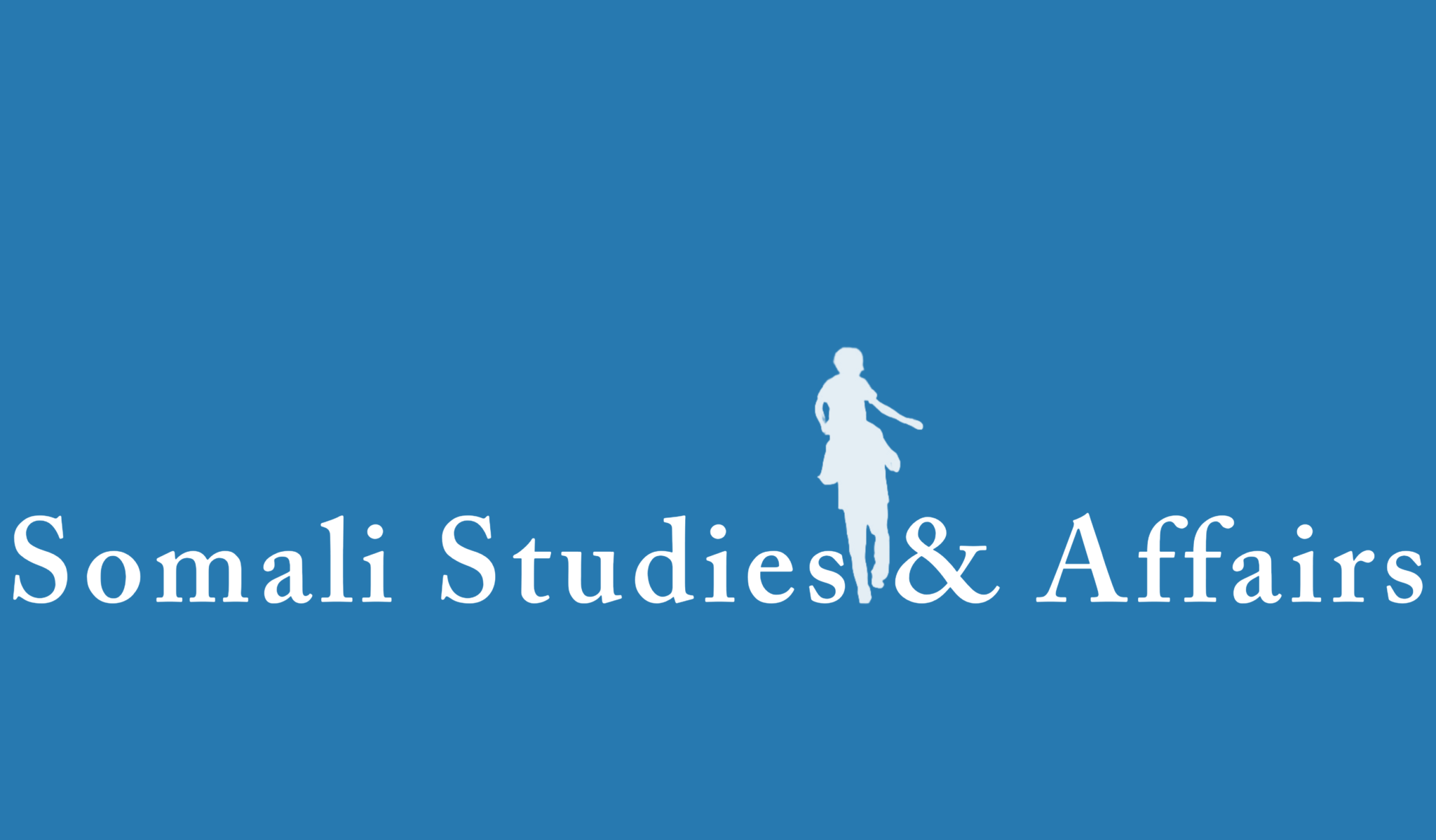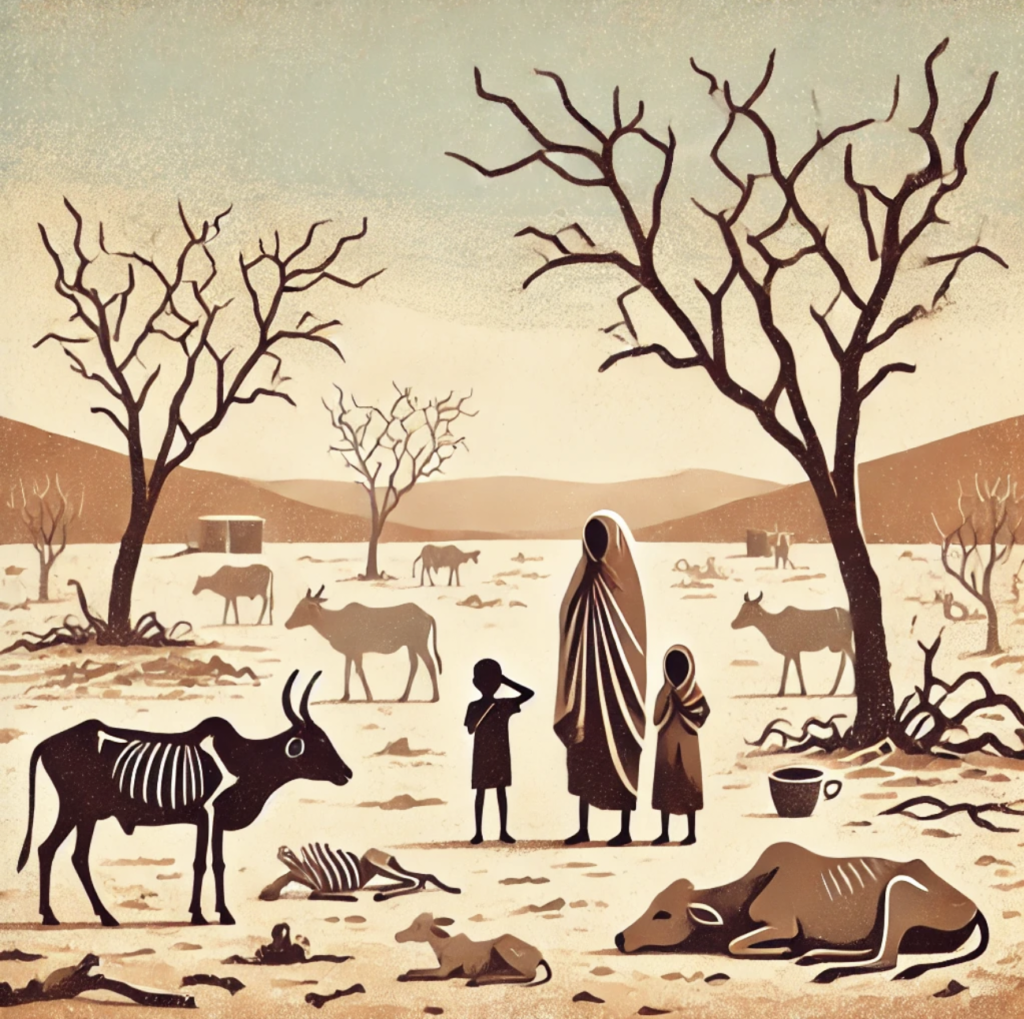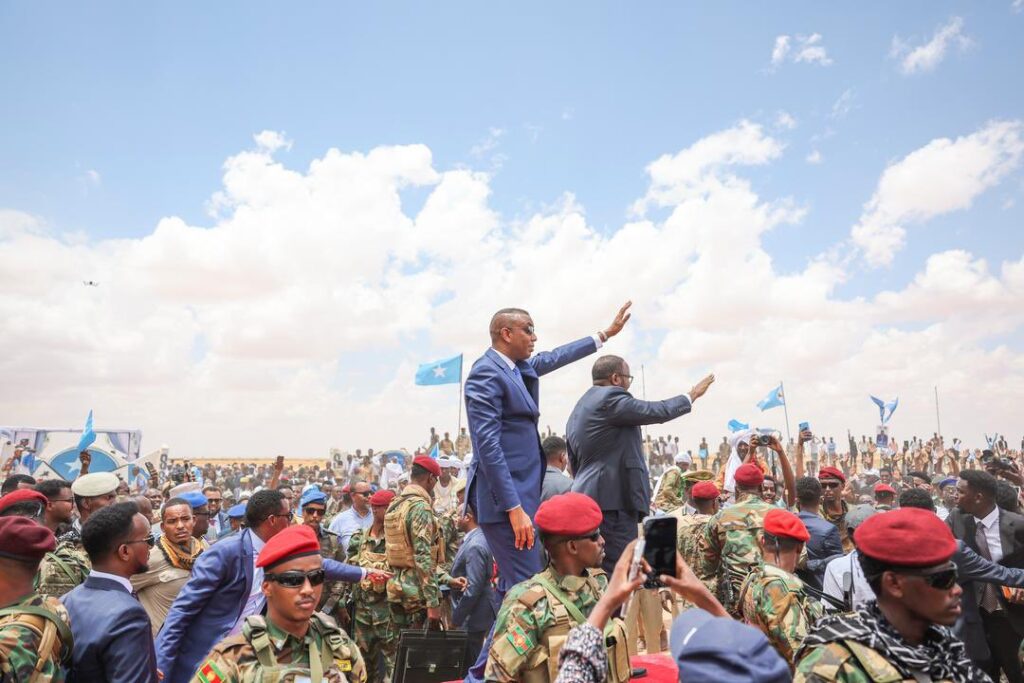Since gaining independence in 1960, Somalia has endured a tumultuous journey marked by various political crises. The early years of independence were a time of hope, as the country embarked on a path toward democracy. However, this optimism was short-lived as Somalia soon descended into dictatorship, followed by decades of instability that have left deep scars on its political landscape.
The collapse of the central government in 1991 plunged the country into chaos, leading to a prolonged period of civil wars and the rise of terrorist groups that further destabilized the nation. The absence of a functional government created a power vacuum, which was quickly filled by warlords and extremist factions, leaving the Somali people to suffer the consequences of violence, poverty, and displacement.
In 2000, a weak attempt to reestablish a government was made in Djibouti, signaling the beginning of a slow and arduous process of rebuilding the state. Although progress was painstakingly slow, it offered a glimmer of hope to a weary population. Today, Somalia is in a better position than it was in 2000, but the government remains fragile and struggles to assert its authority across the country.
One of the key challenges facing Somalia today is the lack of strong leadership. While the country now has functioning institutions and civil servants who are capable of performing their duties, there is a pervasive lack of seriousness and commitment to genuine governance. Successive leaders have often been more focused on personal agendas—whether it be amassing wealth or consolidating power—than on the national interest. This has hindered the country’s ability to achieve true political stability.
Another significant obstacle to Somalia’s progress is the deep-rooted tribalism that continues to divide the population. Instead of engaging in meaningful discussions about national issues and policies, political discourse is often dominated by tribal loyalties and concerns about what benefits one’s own tribe. This narrow focus on tribal interests undermines the broader goal of nation-building and hinders the development of a unified national identity.
As a society, Somalia has not yet matured politically to fully grasp the complexities of its internal challenges or to engage with the broader geopolitical realities of the world. For Somalia to survive and thrive, it is imperative that it develops a leadership that is committed to building a strong government based on the rule of law. This requires the establishment of separate, independent institutions and the implementation of a constitution that guarantees the rights of all citizens, regardless of tribal affiliation.
In conclusion, Somalia stands at a crossroads. The progress made since 2000 is encouraging, but the country remains vulnerable to the same forces that have plagued it for decades. The future of Somalia depends on the emergence of visionary leaders who prioritize the nation’s interests over personal gain and who are dedicated to creating a stable, democratic state that serves all its people. Only through such leadership can Somalia hope to overcome its past and build a prosperous future.
